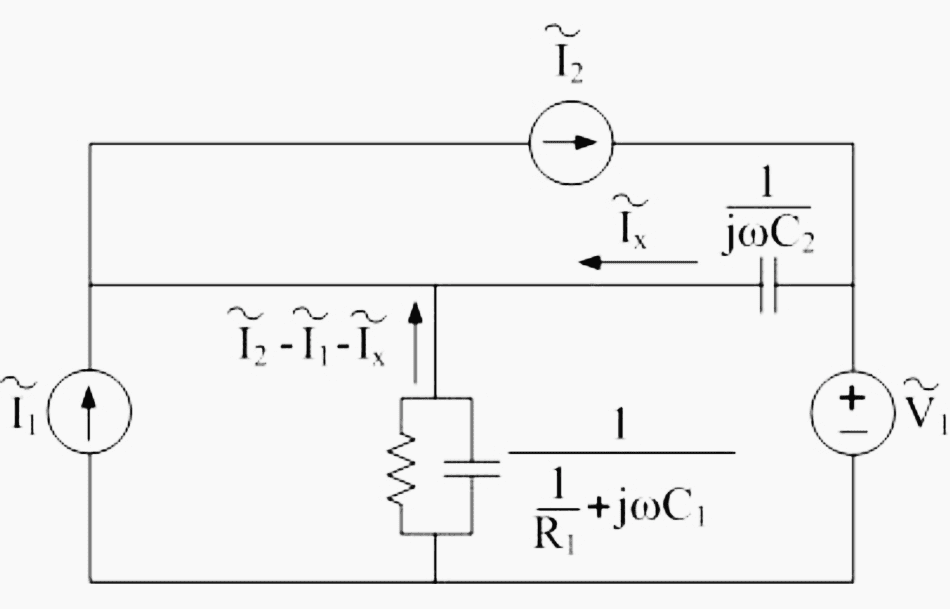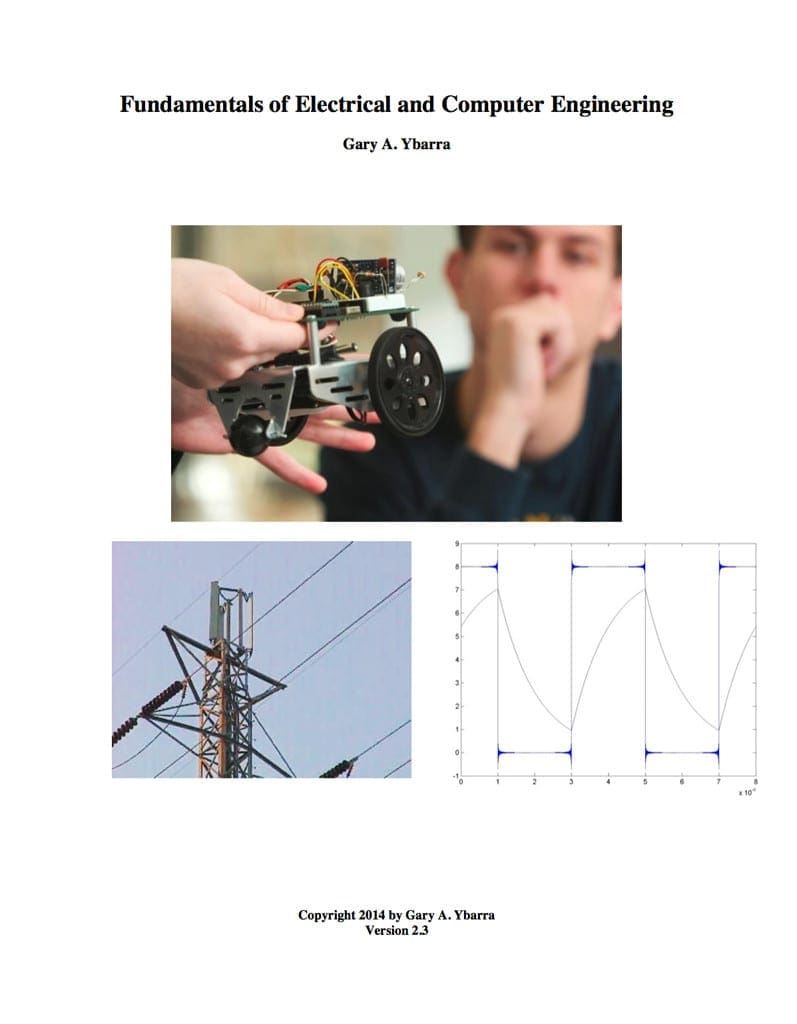Electrical and Computer Engineering
Electrical and Computer Engineering (ECE) is a profession that integrates several sub-disciplines including analog and digital circuits and devices, signal processing, communication systems, computer architecture and networking, micro and nanodevices, power systems including rotating machines and power distribution, quantum computing, photonics, sensing, waves and metamaterials.

All these are required to solve engineering problems to improve human life quality.
It is very unusual to find an ECE program that excels in all areas of ECE, but depending on the expertise of the faculty, the various sub- disciplines of ECE are represented to some degree.

Fundamentals of ECE
Fundamentals of Electrical and Computer Engineering is intended to provide a rigorous introduction to the field of ECE, enabling informed selection of areas of concentration for students planning to continue further study within the field of ECE.
It is also an excellent resource for students intending to take the Fundamentals of Engineering exam as part of the process for obtaining Professional Engineering licensure in a given state.
| Title: | Fundamentals of electrical and computer engineering by Gary A. Ybarra |
| Format: | |
| Size: | 10 MB |
| Pages: | 231 |
| Download: | Right here | Video Courses | Membership | Download Updates |



I am wondering if you have a grid tie solar system, and plan to fool the inverters into waking up by disconnecting from the utility and using a larger battery based inverter with backup batteries to provide a local microgrid; if the grid tied inverters with their ability to push electricity onto the grid will do the same to the battery based inverter? If so, can large schottky diodes be used to protect the battery based inverter?